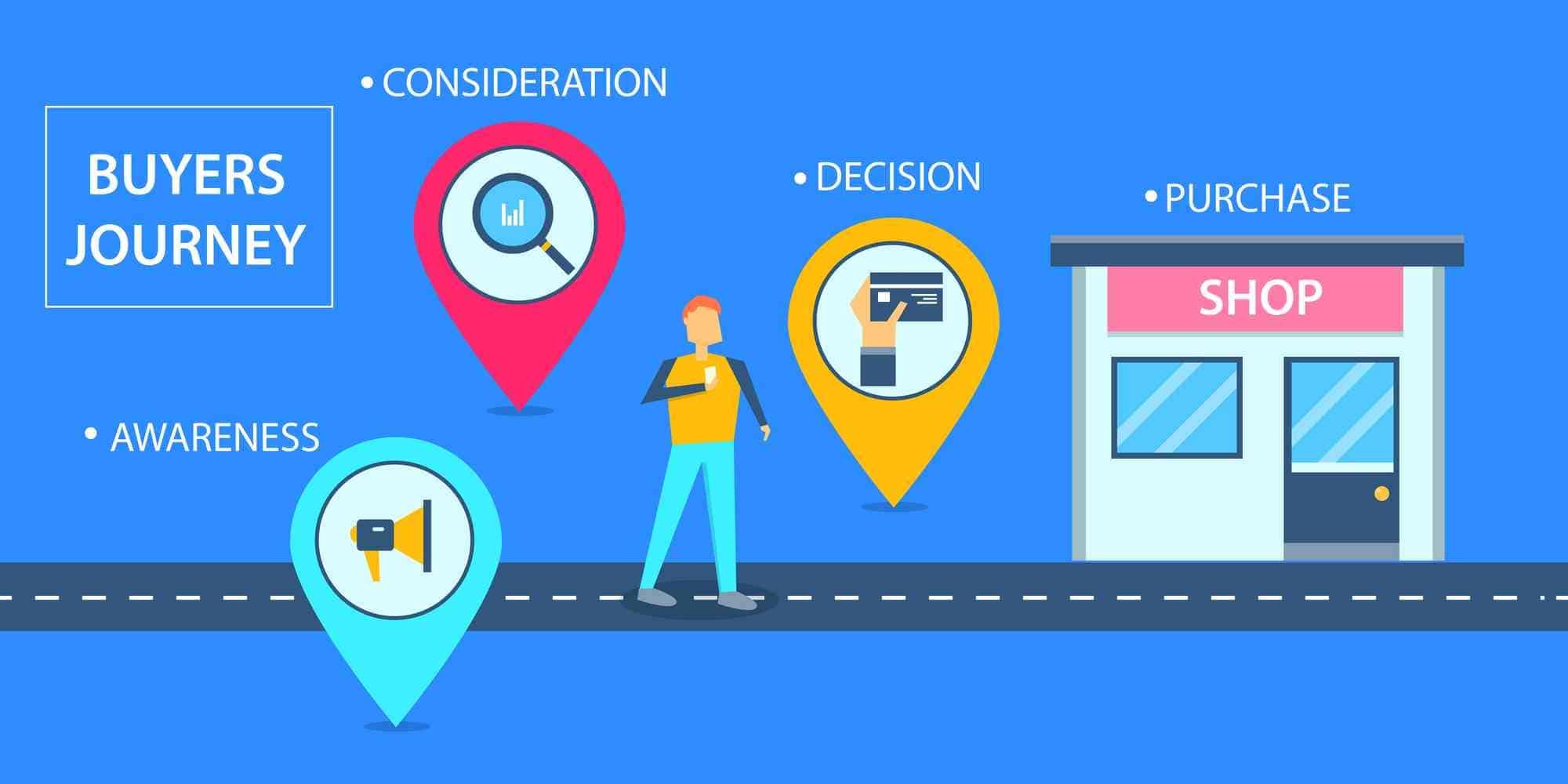
Marketing automation is essential for businesses with a high value product or service
Marketing is a time-intensive practice. As your business grows, you’ll need to spend more and more time sorting through leads, creating and publishing content, monitoring social media and analyzing data. That is, unless you make the move to marketing automation.
Marketing automation tools simplify the digital marketing process and give you extra time each day to perfect and expand your company’s marketing efforts—without all the grunt work. Businesses large and small, B2C and B2B, can all benefit from implementing marketing automation on some level.
With a ton of marketing automation tools available, it can be tough to narrow down which ones are essential—or even useful—for your business. Exploring these four types of marketing automation tools should give you a clearer view.
1 – Email marketing automation
Email automation tools help you streamline drip campaigns and set up triggered sales confirmations, welcome emails and so much more. These programs can pull from curated lists of leads and audience groups to automate your email blasts based on pre-written content, split A/B test emails and provide analytics.
Standalone email automation programs are ideal for companies just starting out with marketing automation or ones with limited budgets. They are often much cheaper than other automation tools, will improve your customer experience and can save your team hours of time each week.
- Constant Contact is a great email automation tool for small businesses. Their program allows for triggered emails and drip campaigns using curated lists pulled from multiple channels.
- Mailchimp is one of the leaders in the email automation industry. They offer a robust suite of automation tools for date- and behavior-based automation, alongside content templates and simple email builders.
2 – Social media marketing automation
A strong social media presence allows your company to meet customers where they are. Unfortunately, creating and maintaining a social content calendar on top of monitoring and responding is overwhelming. Social media automation tools streamline your social processes, making it easy to maintain a strong presence on multiple channels.
Many social media automation programs allow you to pre-schedule posts. More robust tools will go a step further and curate “social listening” feeds that compile brand mentions from across platforms and provide analytics.
- Hootsuite is one of the most well-known social media automation platforms available. It combines post scheduling, content curation and social monitoring into an easy-to-use dashboard.
- Sprout Social has a growing list of social media automation features, making it easy to publish, listen and engage with followers across all channels.
3 – Buyer journey automation
Buyer journey automation tools—or lead nurturing software—compiles, tracks and moves leads through the early stages of the marketing funnel. Many of these programs identify leads based on website visits and online behavior, then move them into audience segments to begin the nurturing process. Some even offer lead scoring features, which help you identify the customers most likely to convert.

Buyer journey automation tools are best used by larger B2B companies, where marketing and sales teams work closely together to track and nurture large quantities of leads.
- LeadSquared helps companies capture leads from a variety of sources and push them through the marketing funnel.
- Act-On is a great lead generation tool for enterprise businesses. The software encompasses a wide range of automation tools, but it’s particularly useful for tracking inbound and outbound leads across marketing and sales.
4 – All-in-one marketing automation
All-in-one marketing automation software includes almost every marketing automation process you need—from email to social to ads and more. Companies with full-fledged marketing efforts in place that want to scale can benefit the most from these types of programs. They streamline all your processes into one interconnected space and offer detailed analytics.
All-in-one marketing automation programs often have customer relationship management (CRM) capabilities built in or work seamlessly with your CRM software. CRM is not the same as marketing automation software, since CRM manages leads from a sales perspective. However, the two tools can work together to unlock an endless stream of possibilities when it comes to lead generation, lead nurturing, analytics and sales.
The following are some of our most trusted all-in-one marketing automation software picks:
- Oracle Eloqua: Best for large, B2B companies
- Pardot: Best for medium-sized B2B companies
- HubSpot: Best for small- to medium-sized businesses
- SharpSpring: Best for small- to medium-sized businesses
- ActiveCampaign: Best for small businesses
Consider your marketing automation software carefully
Not every marketing automation tool is right for every business. Some companies will have much smaller marketing efforts and may only need simple software to manage email or social media. Others may need more robust systems like an all-in-one automation software. Others still may not need marketing automation at all at their current stage.
No company should commit to a marketing automation software without first creating goals and a plan for its use. The cost of marketing automation tools can be steep. While they may provide benefits like time savings and ease of use, they might not be cost effective until your marketing efforts reach a particular stage.
Businesses must determine how they can use each tool to ensure they’re getting the maximum value from their investment. A digital marketing agency can help businesses large and small determine their plans for marketing automation, then execute them to achieve results.
